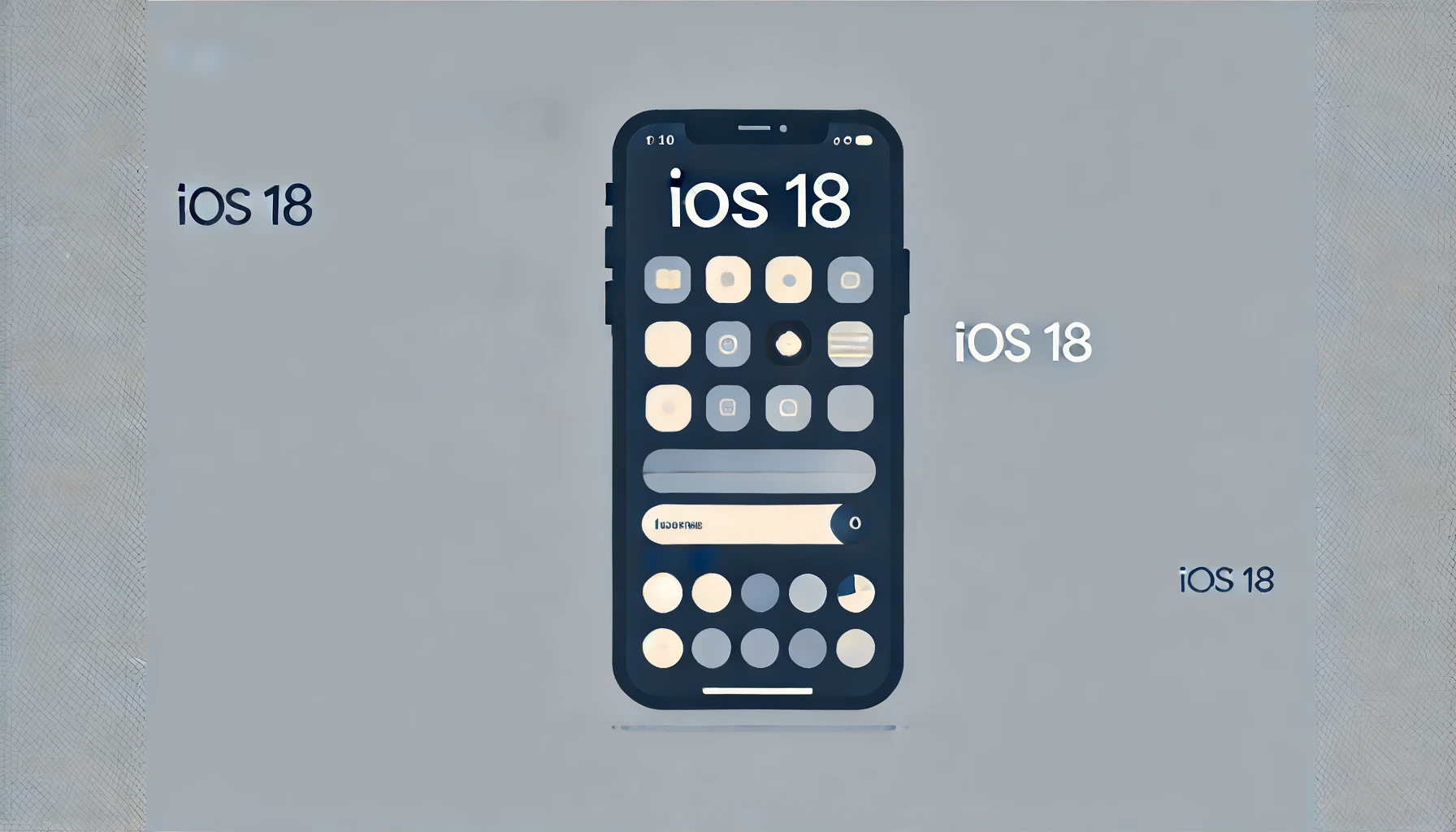Apple is refining its Spotlight Search feature in iOS 18, making it easier for users to discover content with natural language queries. This advancement was highlighted at the Worldwide Developers Conference (WWDC) 2024. This enhancement leverages semantic search capabilities, allowing users to find app content using terms that are similar in meaning rather than exact matches.
What’s New in Spotlight Search
Traditionally, Spotlight Search helped iPhone users find information on their devices and on the web by swiping down from the Home Screen. In iOS 18, Apple introduces semantic search, enabling more intuitive searches within apps. Previously, Spotlight required exact term matches to yield results. Now, it understands the context and meaning behind search queries, providing more relevant results.
Developers can use the Core Spotlight framework to donate searchable content to Spotlight. This content is stored privately on users’ devices, inaccessible to other apps. With the new update, Spotlight’s comprehension of app content is enhanced. Users can search using natural language, thanks to machine learning models that run within the app’s process, improving the accuracy and relevance of search results.
Improving Search Relevance
Spotlight’s new semantic capabilities not only understand user queries better but also allow developers to optimize how their content appears in search results. Developers can influence the ranking of their app’s content by sending signals based on user interactions. For instance, if a user frequently engages with a specific trail in a hiking app, that trail can be prioritized in future search results.
This feature is particularly useful for searches involving complex or ambiguous terms. For example, if a user searches for a “local hiking trail,” Spotlight can now interpret related entities such as the trail’s location or associated keywords, even if they are not explicitly mentioned in the query. This ensures users can find the desired content more efficiently.
Enhancing User Experience
These improvements are designed to enhance the overall user experience. By enabling more natural queries, Spotlight becomes a more powerful tool for discovering app content. Users can find information more intuitively and quickly, reducing the reliance on web searches for app-specific queries.
Moreover, this update also enhances Siri’s ability to understand and interact with app content. Siri can now leverage the improved semantic search capabilities, making voice queries more effective and accurate.
Broader Implications
From my perspective, this under-the-hood enhancement signifies Apple’s commitment to refining user experience through subtle yet powerful updates. While it may not generate the same excitement as AI-powered assistants like Siri or ChatGPT, the impact on daily usability is significant. Users will find it easier to navigate their apps and access information seamlessly, without the need for exact search terms.
The move towards semantic search aligns with broader trends in AI and machine learning, emphasizing natural language processing. It reflects a shift towards making technology more intuitive and user-friendly. As I see it, this update could encourage more developers to integrate with Spotlight, knowing their content can be discovered more naturally and effectively.
Conclusion
Apple’s upgrade to Spotlight Search in iOS 18 marks a significant step forward in enhancing the functionality and user experience of iPhones. By incorporating semantic search capabilities, users can now find app content using natural language queries, making searches more intuitive and results more relevant. This update, though subtle, demonstrates Apple’s ongoing commitment to improving the usability of its devices through advanced AI and machine learning techniques. As this feature rolls out, users will likely appreciate the ease and efficiency it brings to their daily interactions with their iPhones.






